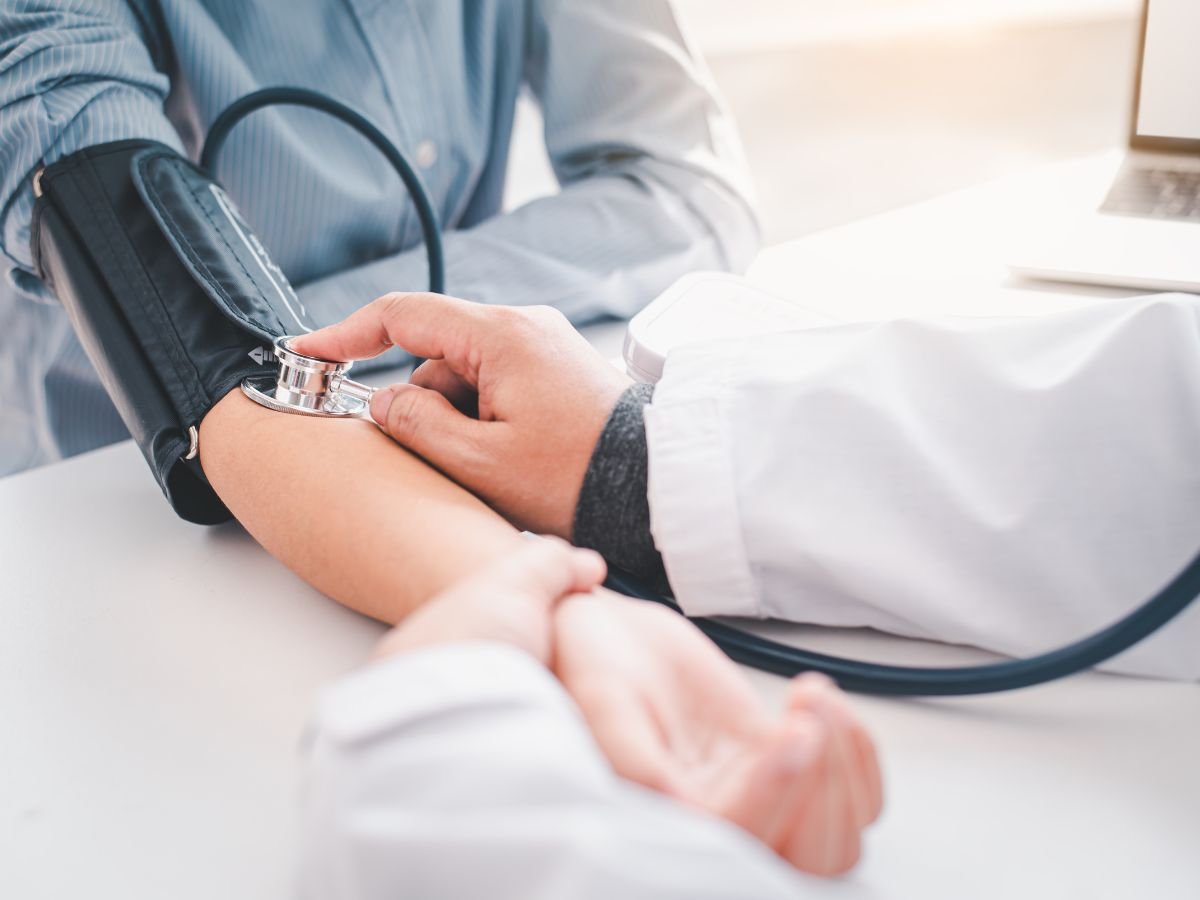New Delhi, 12 May 2025: Every year on May 17, the world observes World Hypertension Day to raise awareness about high blood pressure (hypertension). A silent killer that affects over 1.28 billion adults globally, according to the World Health Organization. With cases rising even among young adults, It is crucial to recognise the critical signs of high blood pressure. Before it leads to life-threatening complications such as heart attack, stroke, or kidney failure.
What Is High Blood Pressure?
Hypertension occurs when the force of blood against the artery walls remains consistently too high. A normal blood pressure reading is considered to be around 120/80 mm Hg. If your reading consistently exceeds 130/80 mm Hg, you may be dealing with Stage 1 or Stage 2 hypertension. This condition often progresses without noticeable symptoms—hence the nickname, the “silent killer.”
Why Recognising Symptoms Matters
Many people are unaware they have high blood pressure until it’s too late. According to cardiologists, catching the early warning signs can help in timely diagnosis and lifestyle correction.
Dr. Nitin Sinha, Senior Cardiologist, says, “Hypertension may not always cause obvious symptoms, but when it does, they should never be ignored. A simple BP check can prevent a major cardiac event.”
7 Critical Signs of High Blood Pressure
Here are the most common—and potentially dangerous—signs associated with hypertension:
- Persistent Headaches: Frequent or pounding headaches, especially in the morning, can be a sign of elevated blood pressure, particularly if they’re new or severe.
- Blurred or Double Vision: High BP can damage the blood vessels in your eyes, causing vision problems or even sudden loss of sight.
- Chest Pain or Pressure: Chest tightness or pain could indicate strain on the heart and may signal impending heart disease.
- Shortness of Breath: Difficulty breathing, especially after mild activity or even at rest. May be related to high blood pressure impacting heart or lung function.
- Irregular Heartbeat: Palpitations, skipped beats, or fluttering can occur when high BP affects the heart’s electrical system.
- Fatigue or Confusion: Poor circulation due to hypertension can reduce oxygen to the brain, leading to foggy thinking, tiredness, or memory issues.
- Nosebleeds: While not always a sign of hypertension. Sudden or frequent nosebleeds combined with other symptoms should prompt a BP check.
What To Do If You Notice These Symptoms
Check your blood pressure regularly at home or a healthcare facility.
- Maintain a healthy weight.
- Limit salt, alcohol, and processed foods.
- Stay active with at least 30 minutes of exercise daily.
- Quit smoking and manage stress effectively.
- Consult a doctor if symptoms persist or worsen.
Dr. Asha Menon, Internal Medicine Expert, advises, “Even if you feel fine, annual blood pressure checks after age 30 are essential. Prevention is better than emergency care.”
On World Hypertension Day 2025, take a moment to assess your lifestyle and symptoms. Early detection of hypertension can save your heart, kidneys, and brain. Don’t wait for signs—know your numbers, monitor regularly, and stay heart-healthy.






